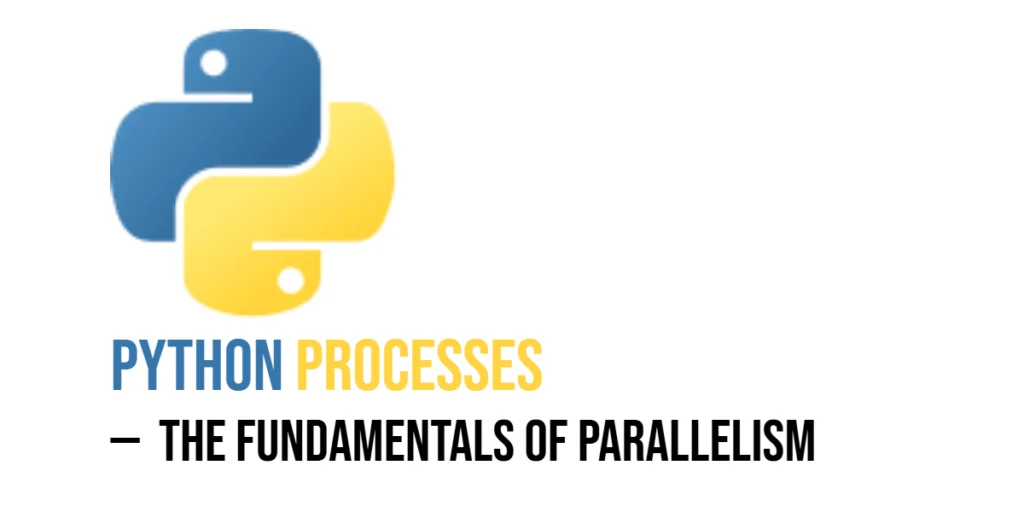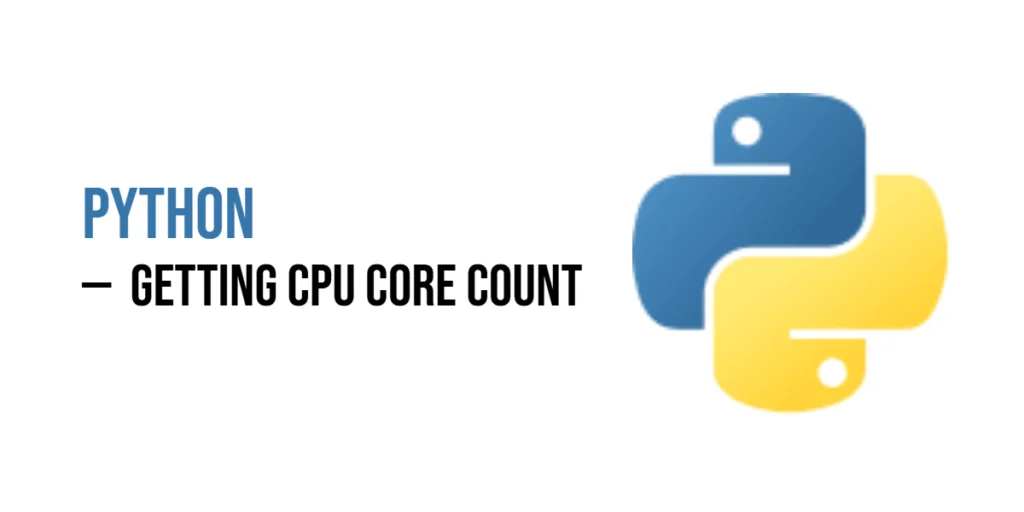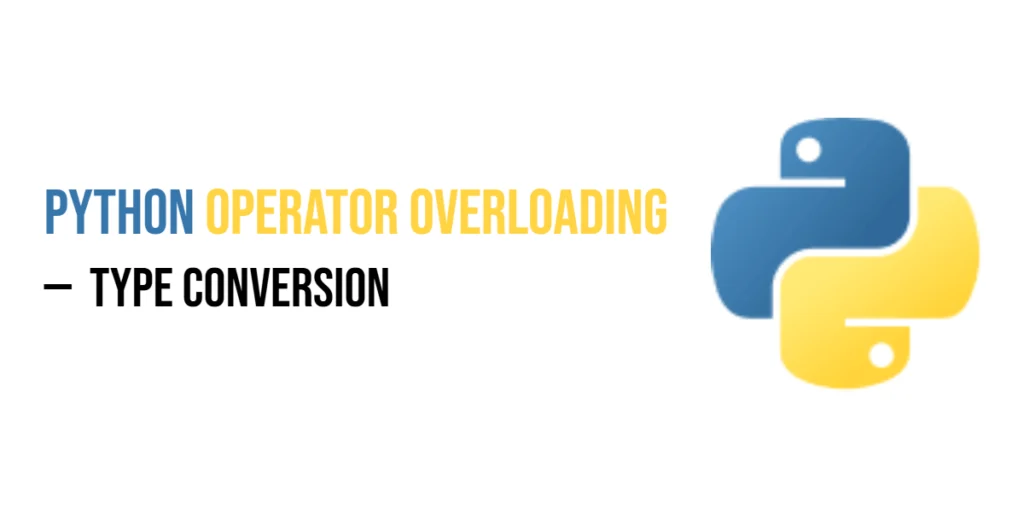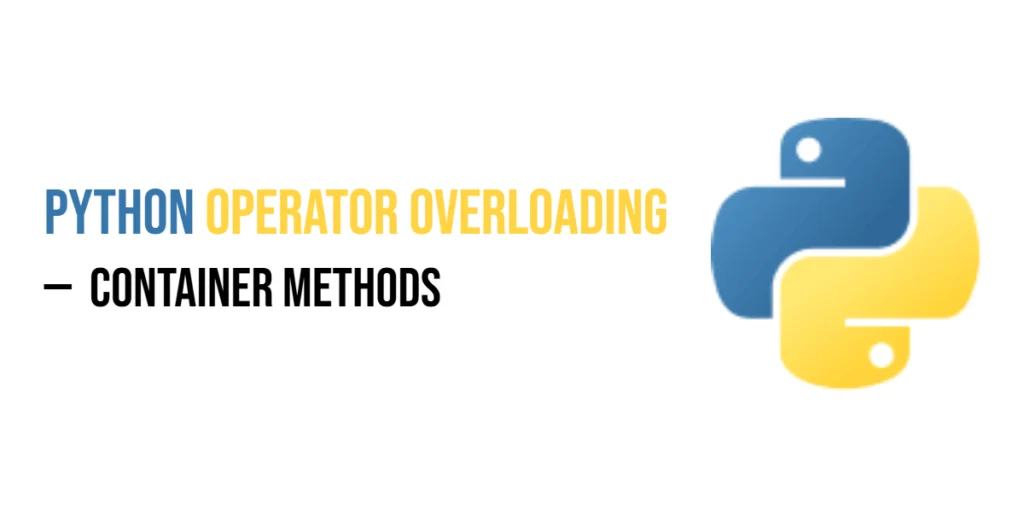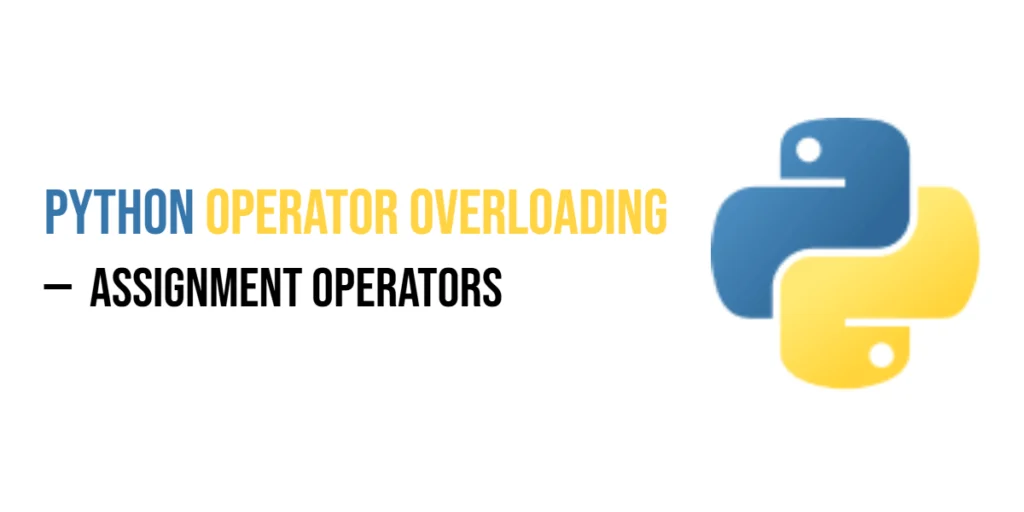Python Processes: The Fundamentals of Parallelism
In Python, process-based parallelism means running different parts of your program at the same time in separate processes. Each process runs independently with its own memory, like workers in different rooms handling tasks without interfering with one another. Python’s built-in multiprocessing module makes it simple to create and manage these separate processes. This lets you […]
Python Processes: The Fundamentals of Parallelism Read More »
